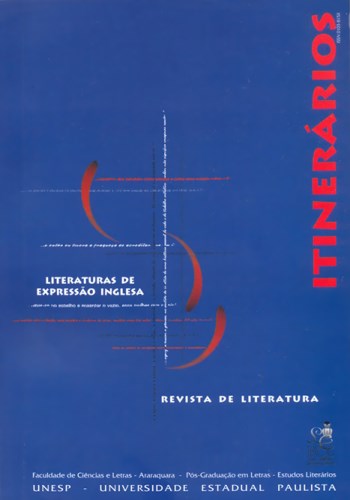Shalimar, the ex-centric: Rushdie reads Milton through Derrida
DOI :
https://doi.org/10.58943/irl.v0i37.6895Mots-clés :
Rushdie, Intertextuality, Fiction, Influence,Résumé
There is a murder and the murderer is the ambassador’s Kashmiri chauffeur and his name is Shalimar the Clown. How does this sweet-natured clown become a killer? With this overall plot in mind, the present essay articulates these excentric, unusual, and uncanny figurations in relation to John Milton’s Paradise Lost with a view also to discussing Jacques Derrida’s notion of destinerrance as a possible alternative to literary influence and as a further elaboration on intertextuality in general. The essay examines what sorts of religious, literary, philosophical, and/or mythical references appear throughout the novel and resonate to the epic poem. In brief, the clown turned murderer can and ought to be related to the Fall and its outcomes.Téléchargements
Numéro
Rubrique
Literaturas de expressão inglesa
Licence
Os manuscritos aceitos e publicados são de propriedade da revista Itinerários. É vedada a submissão integral ou parcial do manuscrito a qualquer outro periódico. A responsabilidade do conteúdo dos artigos é exclusiva dos autores. É vedada a tradução para outro idioma sem a autorização escrita do Editor ouvida a Comissão Editorial.

